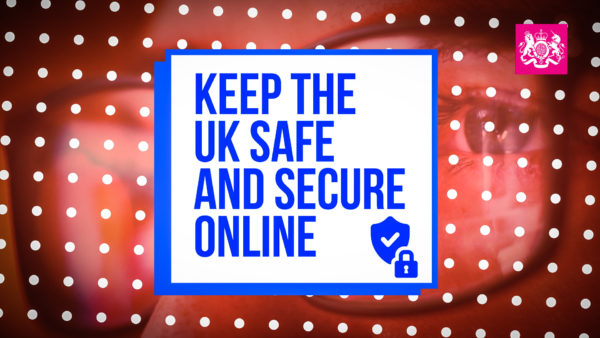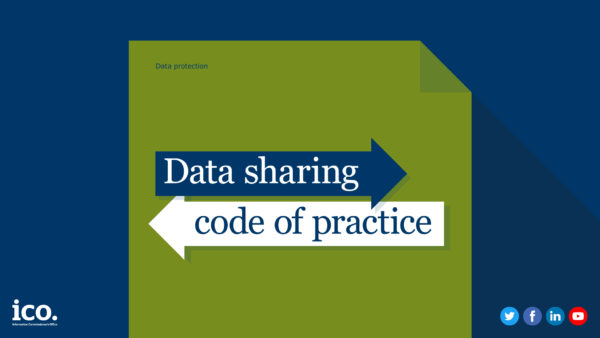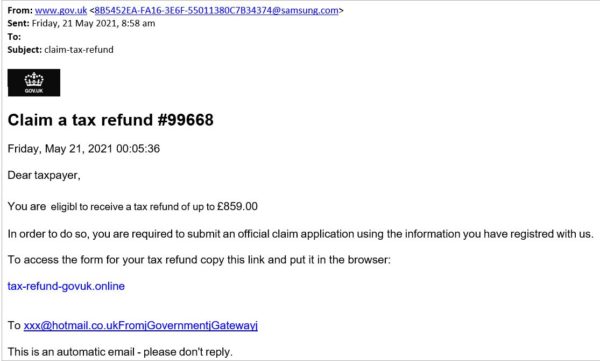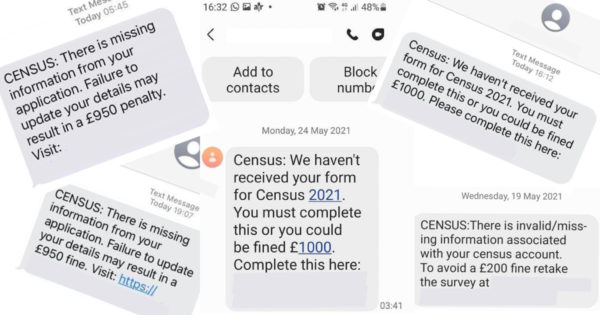Case Study – Investing in crypto currency
At the beginning of the year, ‘Greg’ thought he would watch the markets as we recovered from COVID 19.
Having looked over the internet for Bitcoin projects, he decided to invest in ‘Traderschool’. He made contact with the company and was given assurance that he would be covered by the banking ombudsman. The minimum investment was 250 euros. Reassured by what he heard, he decided to invest £229 with the aim of exploring cryptocurrency and seeing how this market performed. Greg’s investment grew very quickly, almost on a daily basis. He regularly received calls from Traderschool asking him to invest in more companies such as Tesla but he stuck with his initial investment.
When his account had more than doubled its initial investment, he decided it was the time to withdraw his balance. This withdrawal was denied.
After further investigation, Greg became aware that Traderschool had used ‘Anydesk’, a remote desktop application that allows you to connect to computers from anywhere in the world, to set up Greg’s account. Greg was becoming more suspicious and decided to change all his passwords.
Over the course of two month his investment soared to £2000. Unfortunately, Greg wasn’t able to access any of his investment and make any withdrawals. When he tried to log in all he got was ‘Access denied’.
Advice:
There are deceitful organisations out there focusing on crypto currency, which makes it difficult to know which ones to trust. If you plan to invest in crypto currency it is advised that you do some research on the company and proceed with caution. You should seek independent professional advice before making significant financial decisions. Even genuine investment schemes can be high risk.
Recent trends have seen online investment scams target a younger audience through the use of social media. Be wary of adverts online and on social media promising high returns on investments in cryptoasset or cryptoasset-related products. The Financial Conduct Authority has information about investment scams and how to avoid them.
If you become a victim of fraud or cyber crime you can report it to Police Scotland on 101.













